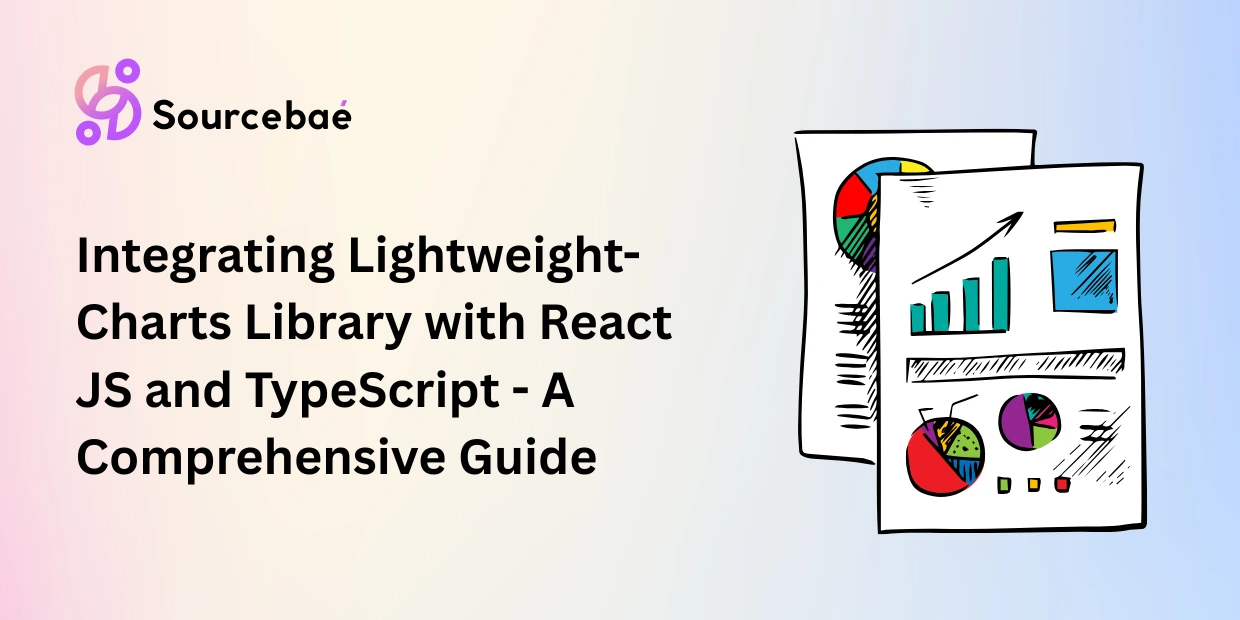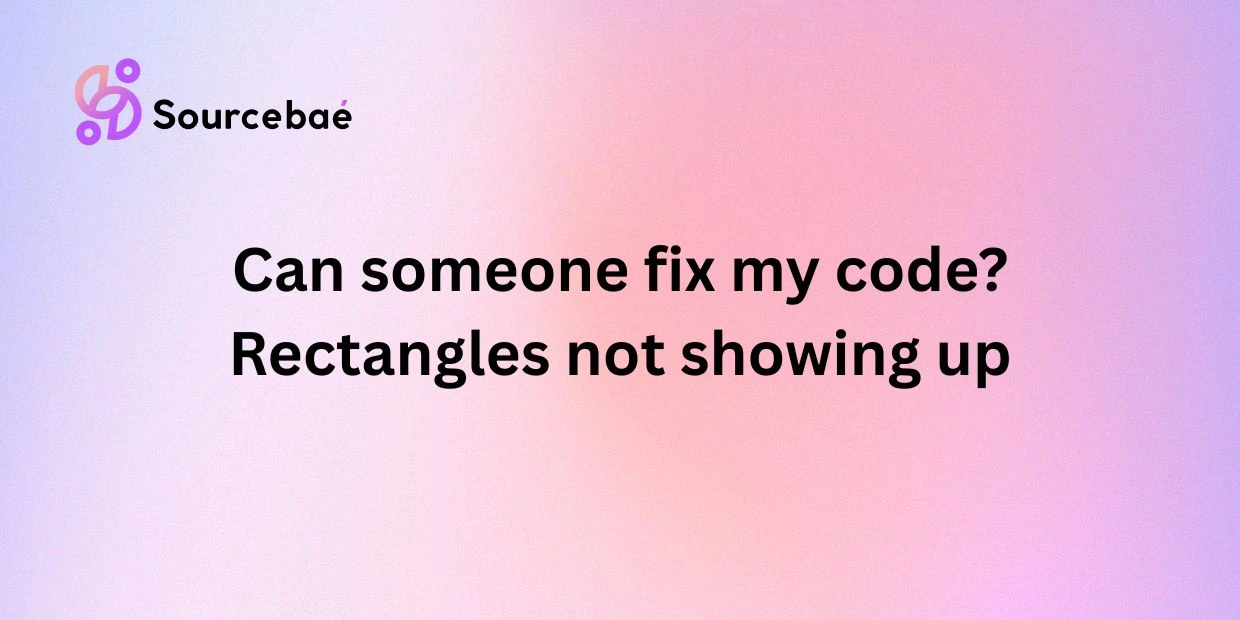How to Be a Good React Developer?
Becoming a proficient React developer requires a combination of strong foundational knowledge, hands-on experience, and a dedication to continuous learning. In this article, we’ll delve into the key aspects that contribute to being a good React developer. Whether you’re just starting or looking to refine your skills, these insights will guide you on your journey.
Understanding React Fundamentals
Before diving into advanced concepts, it’s crucial to grasp the core fundamentals of React. Learn about React’s declarative approach to building user interfaces, the concept of virtual DOM, JSX syntax, and the basic structure of React components.
Mastering Component Architecture
Creating well-structured and reusable components is at the heart of React development. Understand the principles of component composition, props passing, and the significance of a unidirectional data flow in building scalable applications.
State and Props Management
Efficiently managing state and props is a vital skill. Explore the differences between local and global state, learn when to use controlled vs. uncontrolled components, and delve into prop drilling, context API, and state management libraries like Redux.
Efficient Data Handling with React Hooks
React Hooks revolutionized how stateful logic is handled in functional components. Learn how to use useState for managing component state, useEffect for side effects, custom hooks for code reusability, and guidelines for writing custom hooks.
Styling and CSS-in-JS Techniques
Styling React components can be approached using various techniques. Explore traditional CSS, CSS modules, and CSS-in-JS libraries like styled-components. Understand the benefits of encapsulated styling and how it enhances component modularity.
Routing with React Router
For building single-page applications, navigation is essential. Discover React Router, a widely-used library for handling routing in React applications. Learn how to set up routes, handle navigation, and pass parameters effectively.
API Integration and Data Fetching
Real-world applications often require data from APIs. Explore methods of integrating APIs into your React app using tools like the fetch API or libraries like Axios. Dive into handling asynchronous operations and rendering fetched data.
Testing Your React Applications
Writing tests ensures your application’s stability. Explore testing methodologies like unit testing, integration testing, and end-to-end testing using libraries like Jest and React Testing Library. Learn how to write meaningful tests for your components.
Performance Optimization
A good React developer optimizes their app for speed and efficiency. Understand techniques like memoization, lazy loading, and code splitting to improve app performance. Learn how to use browser developer tools to identify bottlenecks.
Version Control and Collaboration
Version control is essential for teamwork and codebase management. Explore Git for version control and platforms like GitHub for collaboration. Learn about branching strategies, pull requests, and code reviews.
Continuous Learning and Community Involvement
The React ecosystem evolves rapidly. Cultivate a habit of continuous learning by following official documentation, online tutorials, and blogs. Engage with the React community through forums, conferences, and open-source contributions.
Conclusion
Becoming a proficient React developer requires dedication and a commitment to improving your skills. By mastering React fundamentals, component architecture, state management, and other crucial concepts, you’ll be well-equipped to create robust and efficient React applications.
FAQs
Q1: How long does it take to become a good React developer?
A: The timeline varies, but consistent practice and learning can lead to proficiency in a few months.
Q2: Is Redux necessary for state management in every project?
A: No, while Redux is powerful, simpler projects can manage state effectively with React’s built-in tools.
Q3: Are class components still relevant?
A: Functional components with hooks are the modern approach, but understanding class components can help when working with legacy codebases.
Q4: Can I use React for mobile app development?
A: Yes, React Native allows you to build native mobile apps using React principles.
Q5: How do I stay updated with the latest React trends?
A: Follow React’s official blog, subscribe to newsletters, and participate in online communities.
READ MORE: Hire React Developer






